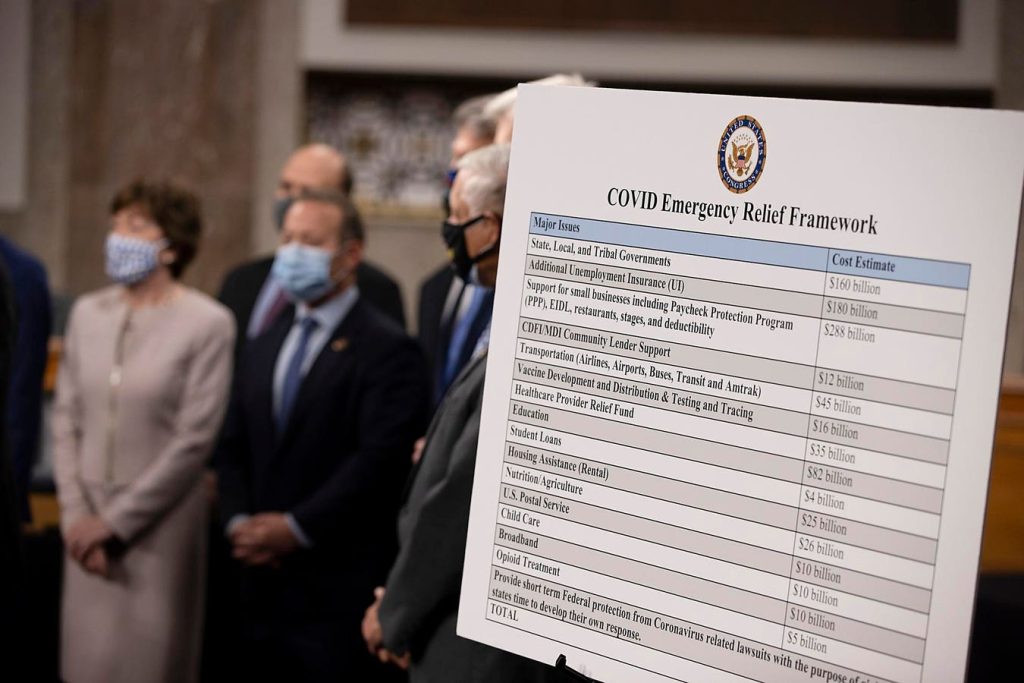The Federal Trade Commission (FTC) has recently reached settlements with two companies, Biz2Credit, Inc. and Womply, who were accused of deceiving small businesses looking to participate in the Paycheck Protection Program (PPP). The companies, without admitting any wrongdoing, agreed to pay substantial amounts to the FTC. These settlements mark the largest monetary judgments ever obtained by the agency under Section 19 of the FTC Act. The PPP loans were designed to assist small businesses in keeping their workers employed during the Covid-19 pandemic, with loans guaranteed through the Small Business Administration (SBA) under the CARES Act.
Biz2Credit, Inc. has agreed to pay $33 million to settle charges that the company falsely advertised that PPP loan applications would be processed within an average of 10-14 business days, when, in reality, the average processing time was much longer. The FTC alleges that Biz2Credit misled consumers by promising quick processing times while in actuality delaying applications for months. Many small business owners who applied for loans through Biz2Credit faced significant delays in receiving funds, with some applications ultimately being canceled or rejected. The FTC also accused Biz2Credit of blocking consumers from withdrawing their applications to apply to other lenders, further exacerbating the situation for struggling businesses.
Womply, also known as Oto Analytics, Inc., and its CEO, Toby Scammell, agreed to pay $26 million to settle similar charges brought by the FTC. The FTC alleges that Womply and Scammell advertised false claims about their ability to help small businesses, particularly one-person businesses like gig workers, secure PPP funding. The company claimed that applicants would receive funds within 24 hours, but many applications were not processed timely, and a significant number of consumers never received funding at all. Womply also allegedly failed to address known technical issues or provide the necessary support to ensure prompt processing of applications.
Despite the success of these companies in driving PPP loan applications, the FTC found that many eligible small businesses did not receive funding due to delays and other issues with the application process. Small business owners were left frustrated and uncertain about the status of their applications, with some ultimately having to close their businesses due to the lack of funds. In addition to the monetary judgments, the settlements with Biz2Credit and Womply include provisions prohibiting them from making deceptive or unsubstantiated claims about financial services or products in the future.
In response to the FTC settlements, Biz2Credit and Womply issued statements defending their actions and emphasizing their commitment to assisting small businesses during the pandemic. Biz2Credit highlighted its efforts to comply with government guidance and support underserved businesses, while Womply emphasized the positive impact of its platform in facilitating over 1.3 million PPP loans. Despite the settlement agreements, both companies maintain their dedication to helping small businesses navigate the challenges posed by the ongoing pandemic.
The FTC expressed its commitment to protecting small businesses from deceptive practices in the marketplace, emphasizing the importance of holding companies accountable for misleading consumers during their time of greatest need. These cases serve as a reminder of the risks associated with relying on certain lenders and platforms for crucial financial assistance, underscoring the significance of due diligence and caution when seeking PPP loans or other forms of financial support. Small business owners are encouraged to report any fraudulent or deceptive practices to the FTC to prevent similar incidents in the future.


